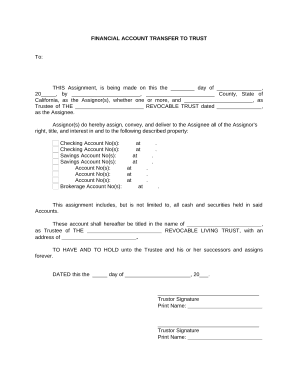

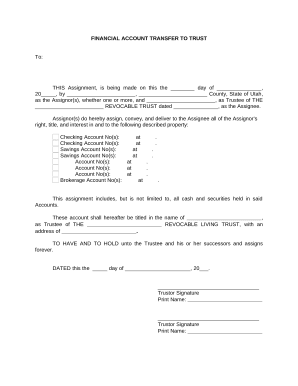
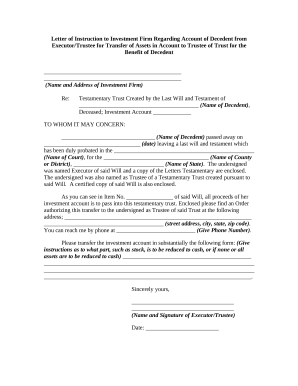

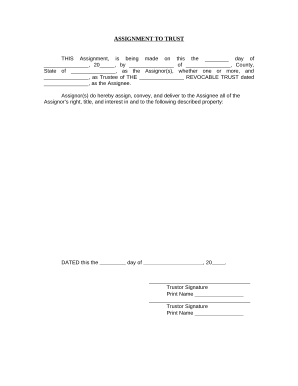
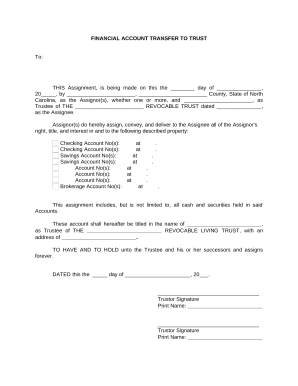

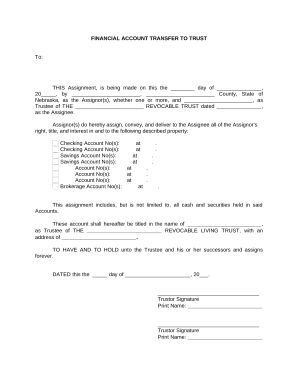

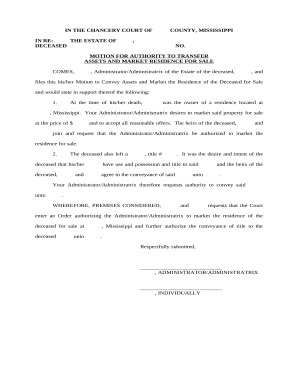
Document management can overwhelm you when you can’t discover all the forms you require. Luckily, with DocHub's substantial form collection, you can discover everything you need and easily deal with it without switching between applications. Get our Asset Transfer and start utilizing them.
How to use our Asset Transfer using these easy steps:
Try out DocHub and browse our Asset Transfer category with ease. Get your free profile today!